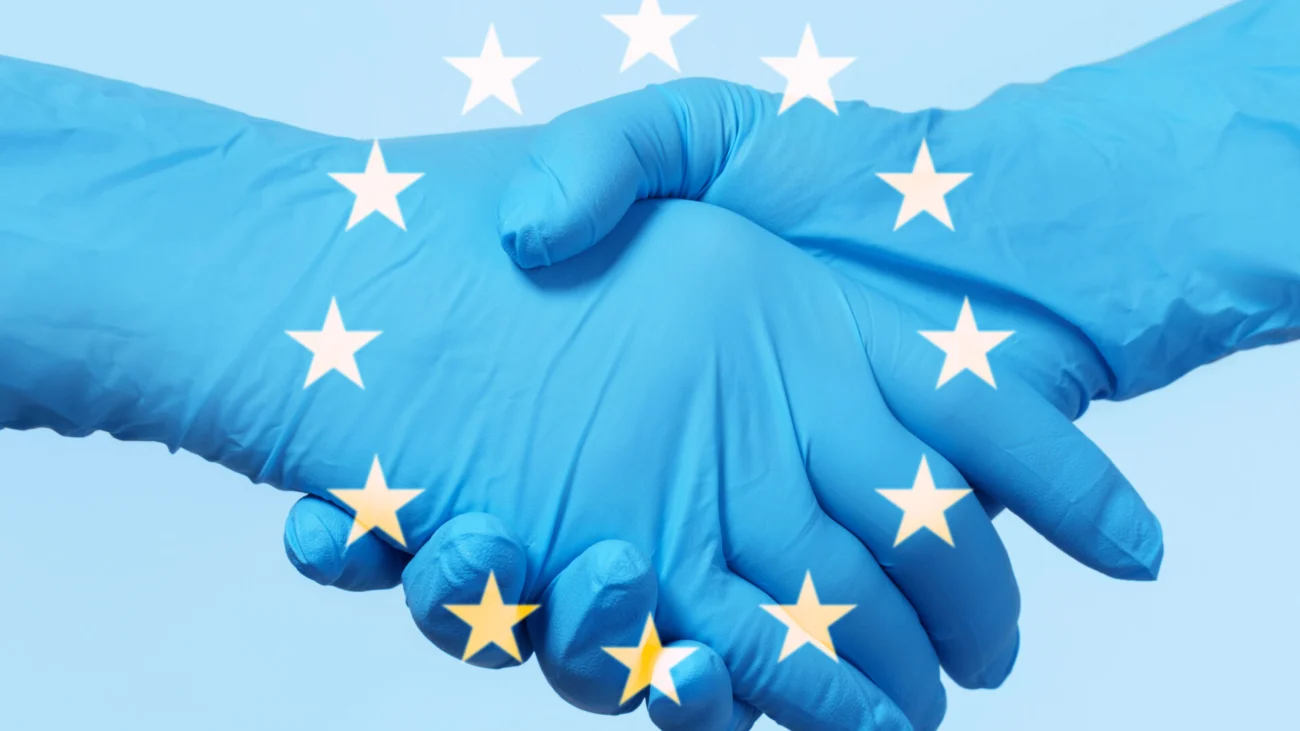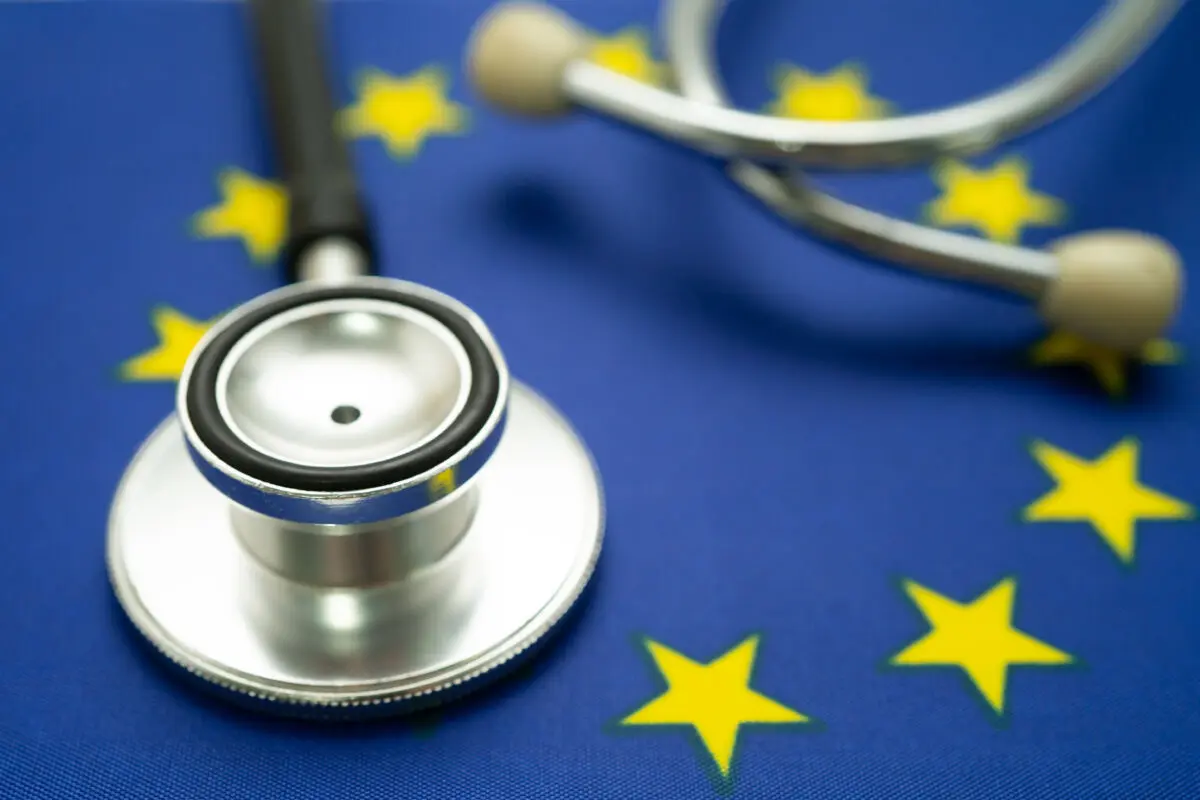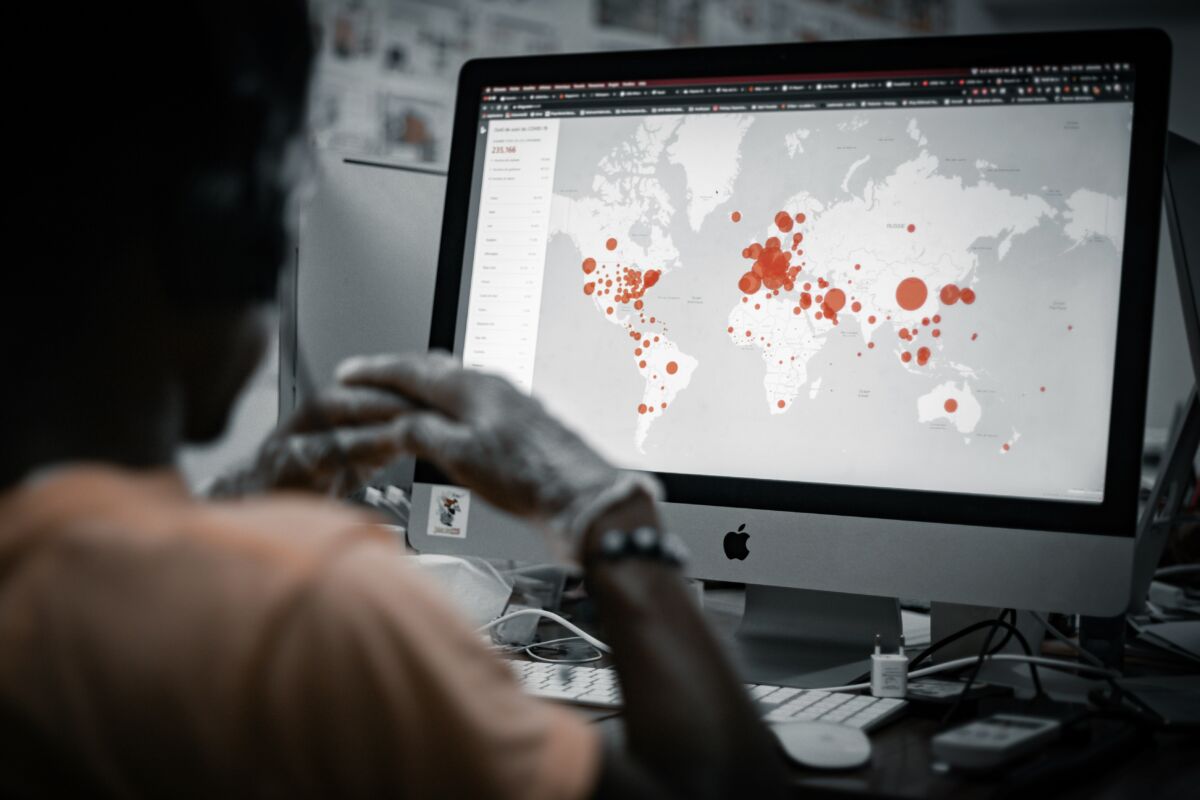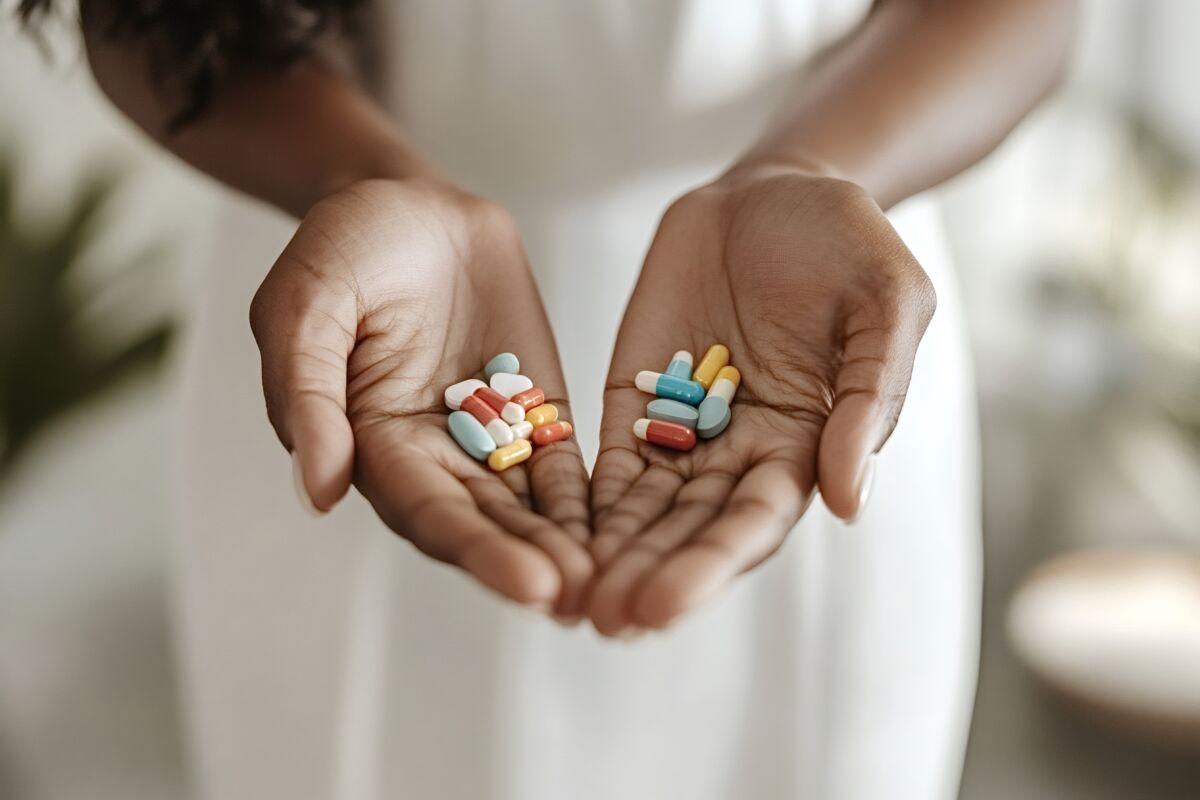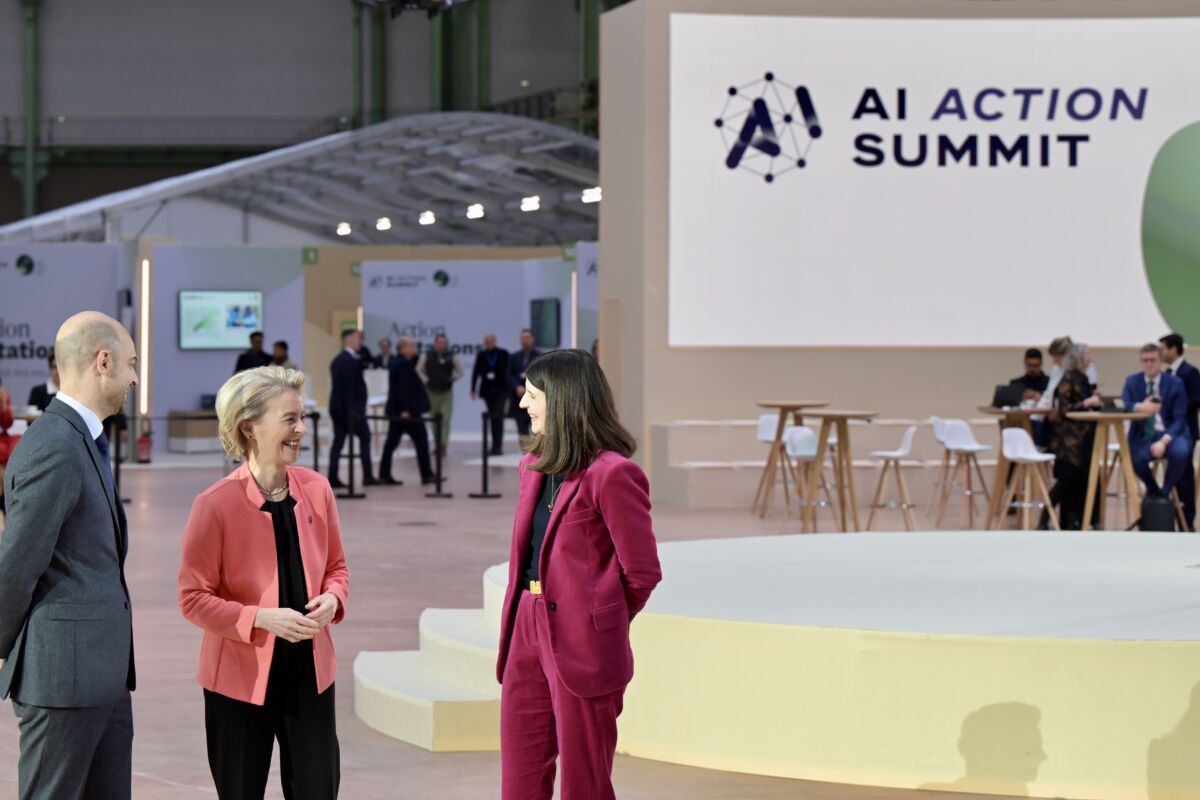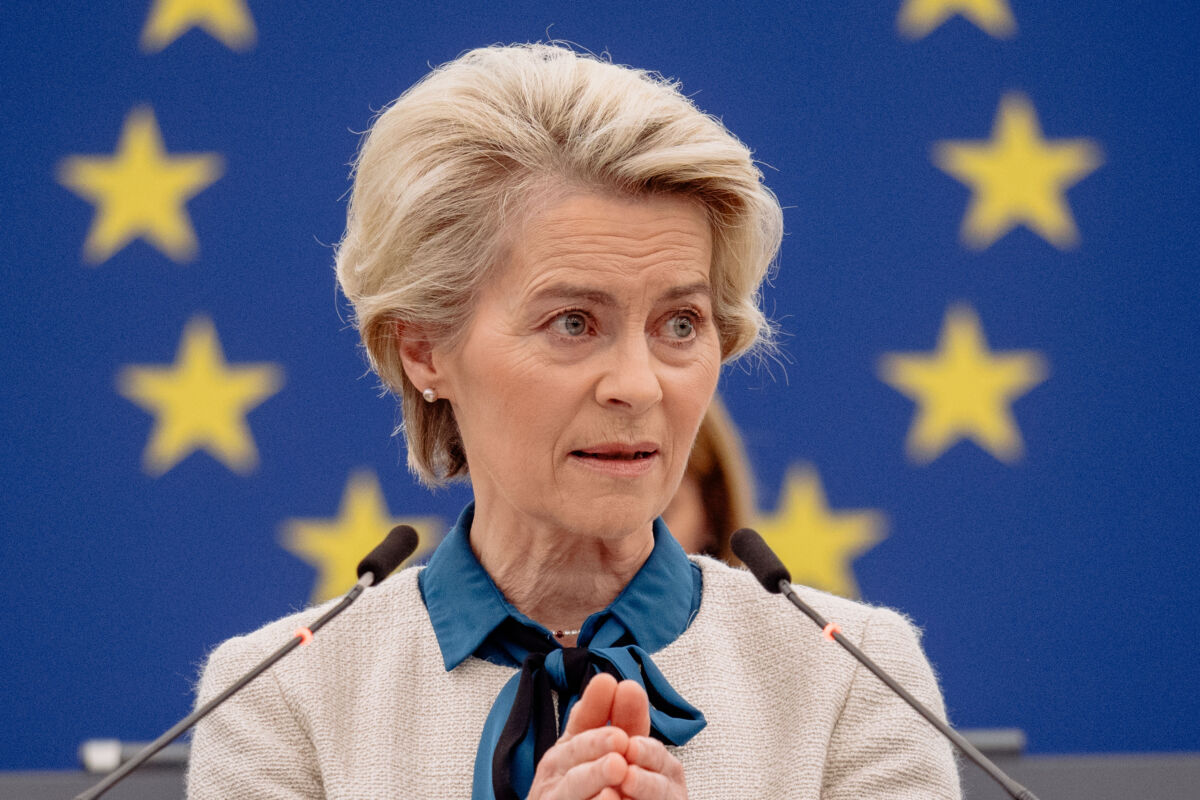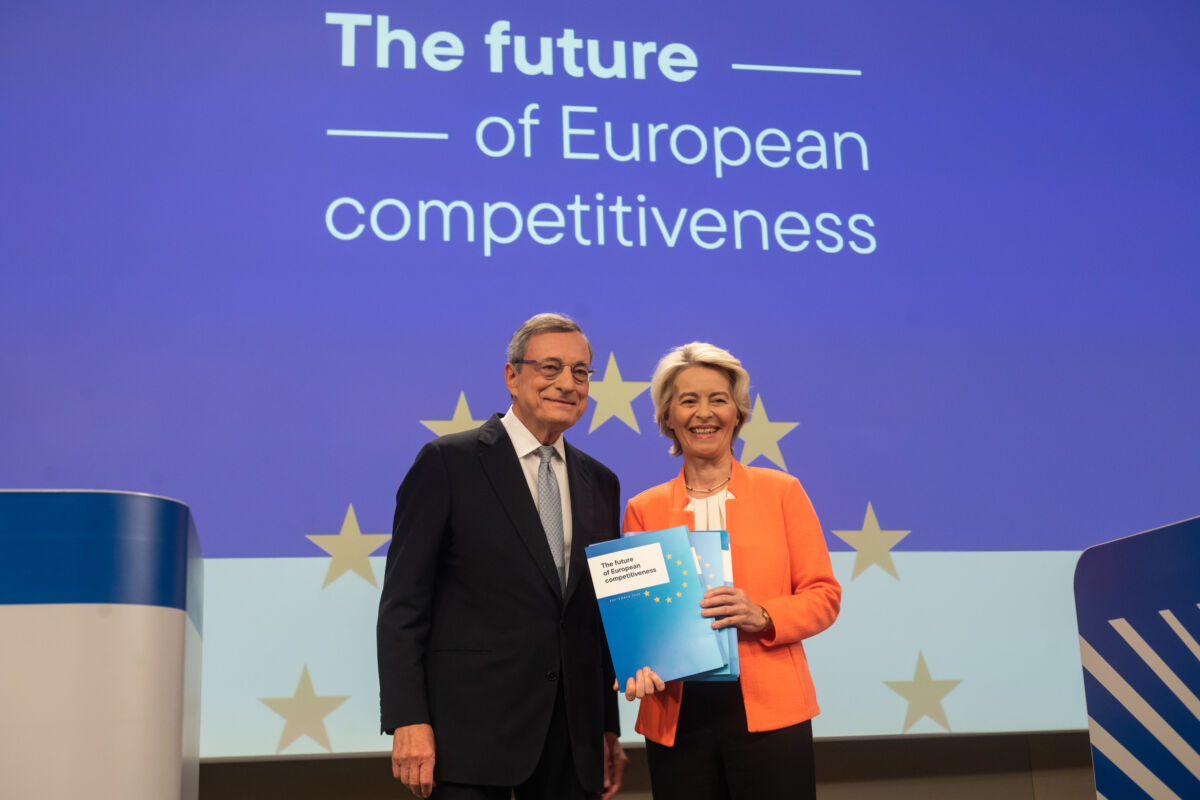Global health security, including pandemic preparedness, is a global public good and that’s why it requires collective action. No one can go at it alone.
The EU is uniquely positioned to drive stronger domestic and international collaboration, a role it reaffirmed in 2022 and 2024. The real test, however, will be whether the EU can build partnerships that aren’t only strategic but also truly equitable and mutually beneficial. Without this, its ambition to lead in global health could lose credibility in a rapidly changing world.
Covid-19 highlighted the costs of fragmented action and vaccine inequity. Weak coordination among Member States and delays in securing and distributing countermeasures revealed systemic vulnerabilities. The EU was criticised for doing too little, too late, despite its rhetoric on guaranteeing access to vaccines as a global public good, and grievances continue to shadow its credibility in global forums.
After Covid, the Health Preparedness and Emergency Response Authority (HERA) was created to fortify the EU’s response to health crises and ensure access to medical countermeasures. Working with the European Commission and Member States, HERA has also expanded its reach abroad, forging partnerships with Japan, Korea, Canada, the US, Africa and collaborative relationships with global players like WHO, the Coalition for Epidemic Preparedness and the Gates Foundation.
In the mpox response, Team Europe provided the political and financial framework, while HERA operationalised it through procurement and coordination. Their joint work with Africa CDC was widely praised as coherent and effective. While overlapping mandates with other EU institutions and services remain a concern, stakeholders have noted that HERA, working closely with other Commission DGs, strengthens the EU’s collective voice in global health security.
HERA’s true test, and for the EU more broadly, is whether Europe can move beyond rhetoric to build trust and genuine co-ownership. The Heitor, Niinistö and Draghi reports made it clear – Europe cannot secure its strategic autonomy by retreating from global cooperation. It must embrace cooperation on equal terms. Until it does, tensions between how the EU sees itself and how partners perceive it will linger, including over double standards, post-colonial attitudes and top-down approaches.
Shifting from transactional to transformative partnerships
To prepare for the future, the EU must deepen partnerships with both traditional allies and low and middle-income countries (LMICs). This is vital not only for global health security but also for Europe’s credibility as a fair and reliable partner. Effective pandemic preparedness starts well before a crisis, it’s built on planning, trust and cooperation. HERA’s partnerships must therefore be proactive, equitable and strategically aligned with EU and international frameworks, while avoiding duplication. Proactivity must start from within, and these partnerships must be developed in close synergy with policies from other parts of the Commission, the EEAS, EU agencies and Member States.
True equity in partnerships goes beyond consultation. It requires shared priority-setting, joint design, and responsibility for outcomes. The EU-Africa Health Partnership is a positive model, with its joint steering committee shaping work plans around mutually agreed priorities and clear avenues for cooperation, capacity building and knowledge exchange. It shows how equity can be operationalised through shared governance, balanced responsibilities and benefits for both sides.
With the EU aiming to strengthen its credibility as a global health leader, it must focus on partnerships that transcend short-term interests and foster long-term mutual benefit. In a fragmented landscape with growing funding gaps, the resilience of both European and global health security depends on this approach. HERA’s success will hinge on having the tools, flexibility and authority to act effectively on the international stage.
A recent CEPS report highlighted that global partners generally value engaging with HERA, but some see its partnerships as prioritising HERA’s strategic needs over shared goals. This can skew dialogue towards financial transactions rather than true technical cooperation. Phrases used in the EU Global Health Strategy reinforce a top-down approach, signalling partnerships informed by EU-driven rather than the locally driven priorities needed to build local and resilient systems for facing future health threats.
The EU’s limited flexibility in regulatory and funding frameworks is a persistent challenge, constraining equal collaboration with LMICs. Rigid rules often reinforce donor-recipient dynamics, limiting co-designed initiatives. While partnerships with Africa CDC, AMR-focused initiatives, and Canada’s HERC highlight progress, duplication or parallel efforts could still happen.
The lack of coordination between EU research and innovation programmes, such as Horizon Europe, and external investment instruments, like the Global Gateway, also risks undermining the EU’s credibility and effectiveness as a global development actor.
Equitable collaboration is key
The EU and HERA’s ability to strengthen international partnerships will be decisive for global health security, including in other regions of interest for the EU like Latin America and the Asia-Pacific. To be credible and effective, HERA must embrace a comprehensive global health approach that recognises LMIC priorities, facilitates technology transfer, promotes equitable access to medical countermeasures and supports local-level capacity building.
There are several priorities for going forward.
First, the EU should prioritise partnerships that embed shared responsibility and long-term mutual benefit. This requires designing collaborations on principles of co-ownership and shared values, moving away from donor-recipient dynamics. Partnerships shouldn’t be shaped primarily by donor priorities but instead reflect LMICs’ needs and ambitions and be oriented towards funding win-win solutions.
Second, the EU must rethink its funding and regulatory frameworks. More flexibility is needed to enable true co-ownership of initiatives with non-EU partners. This should extend to supporting technology transfer, expanding access to medical countermeasures and investing in sustainable capacity building. Such flexibility will determine whether partnerships remain transactional or evolve into long-term vehicles for resilience.
Third, successful partnerships depend on early dialogue, sustained engagement and structured feedback loops with international partners. Building trust and ensuring accountability requires mechanisms that allow all actors to shape objectives and outcomes and not simply acting to support European priorities.
Fourth, there are already proven models of effective collaboration that should guide future efforts. Africa CDC’s co-designed initiatives with the EU and HERA showcase the value of operational integration, early engagement and shared governance. These lessons must be applied systematically when developing and maintaining partnerships.
HERA’s capacity to expand and deepen genuine partnerships will determine how impactful it’ll be. The EU must equip itself with the tools and flexibility to help shape a new architecture of global preparedness, one that strengthens both European security and global resilience. But to credibly do this, the EU must position itself not only as a leader but also as a committed partner within a shared global agenda.
To read the full report that this Expert Commentary is based on, please click here.

